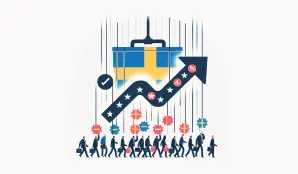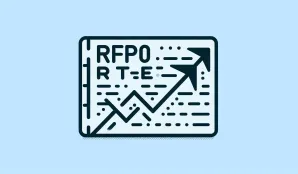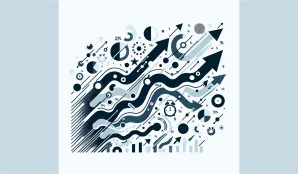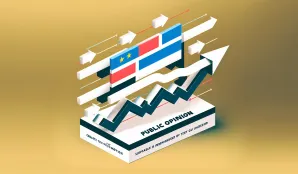Swedens Policy Rate
- Articles
- Swedens Policy Rate
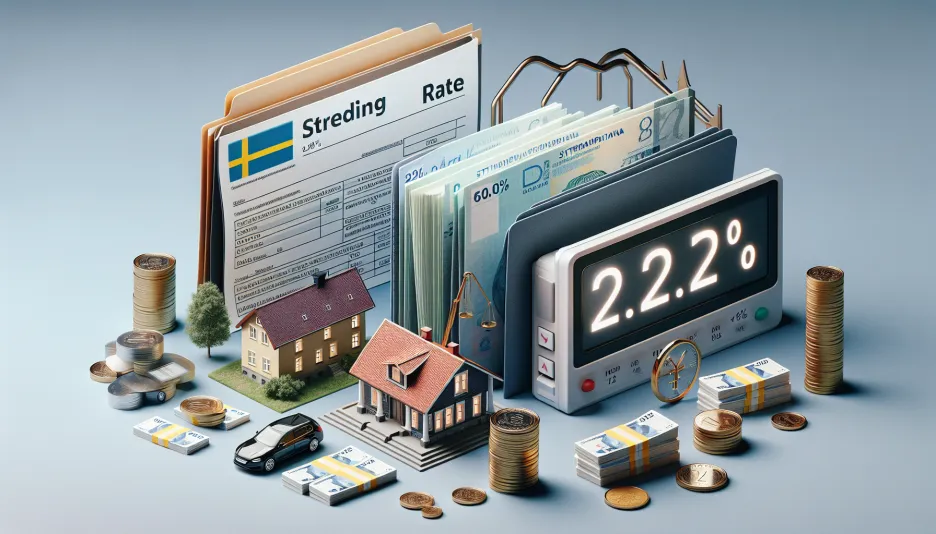
The Riksbank Keeps the Policy Rate Unchanged at 2.25%
On May 8, 2025, the Riksbank announced that the policy rate, also known as the repo rate, remains unchanged at 2.25%. This decision comes after several months of stable rates and a gradual slowdown in the inflation rate. For households, this means continued stability in borrowing costs, but how does it actually affect your wallet?
Effects on Mortgage Loans
With an unchanged repo rate, we can expect mortgage rates to remain at current levels, providing some predictability for household finances. To illustrate this, let's look at the costs of different mortgage loans:
- For a mortgage of 1 million kronor, with an assumed bank margin of 1%, the total interest rate will be 3.25%. This results in an annual interest cost of 32,500 kronor.
- For a mortgage of 3 million kronor, the annual interest cost will be 97,500 kronor.
- For a mortgage of 5 million kronor, the annual interest cost will be 162,500 kronor.
It is important to remember that these costs only refer to the interest. Amortizations are additional and vary depending on the household's debt level and agreements with the bank.
Personal Loans and Bank Margins
Even for personal loans, the situation remains relatively stable with the unchanged repo rate. Here we can assume a higher bank margin of 2.5%, resulting in a total interest rate of 4.75%. Despite this, it is important to be aware that personal loans generally have higher interest rates than mortgages.
The Role of Inflation
Inflation, measured as CPI with fixed interest, has been at 2.3% in March 2025, which is a decline from previous months. This development may indicate that the Riksbank, if the trend continues, could consider lowering the interest rate in the future to further stimulate the economy. Historically, inflation has decreased from 3.9% in April 2024 to 0.5% in March 2025, providing a clear signal of diminishing inflationary pressure.
Forecast for Food, Fuel, and Energy Prices
Food prices and fuel costs are often directly linked to inflation. With the current trend of declining inflation, we can expect these costs to stabilize or even decrease slightly. Energy prices, which are more volatile, may be affected by external factors such as weather and geopolitical events, but the overall trend points towards stabilization.
Summary
The Riksbank's decision to keep the repo rate unchanged provides welcome stability for Swedish households in a time of economic uncertainty. With a continued decrease in inflation, there is potential for future interest rate cuts, which could provide further relief for both mortgage and personal loan borrowers. For the time being, however, households can expect their borrowing costs to remain stable.
```Sweden's national debt
-

Opinion Landscape: Novus February 2026 – Social Democrats Still Largest
Thu, 19 Feb 2026 - 01:35 -

Policy rate remains at 1.75% – Riksbank signals stability
Thu, 29 Jan 2026 - 14:02

